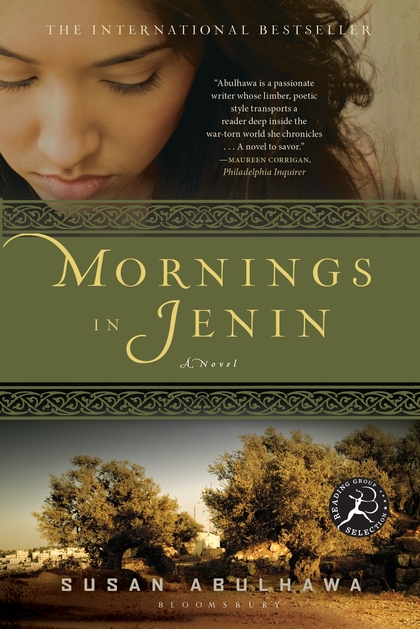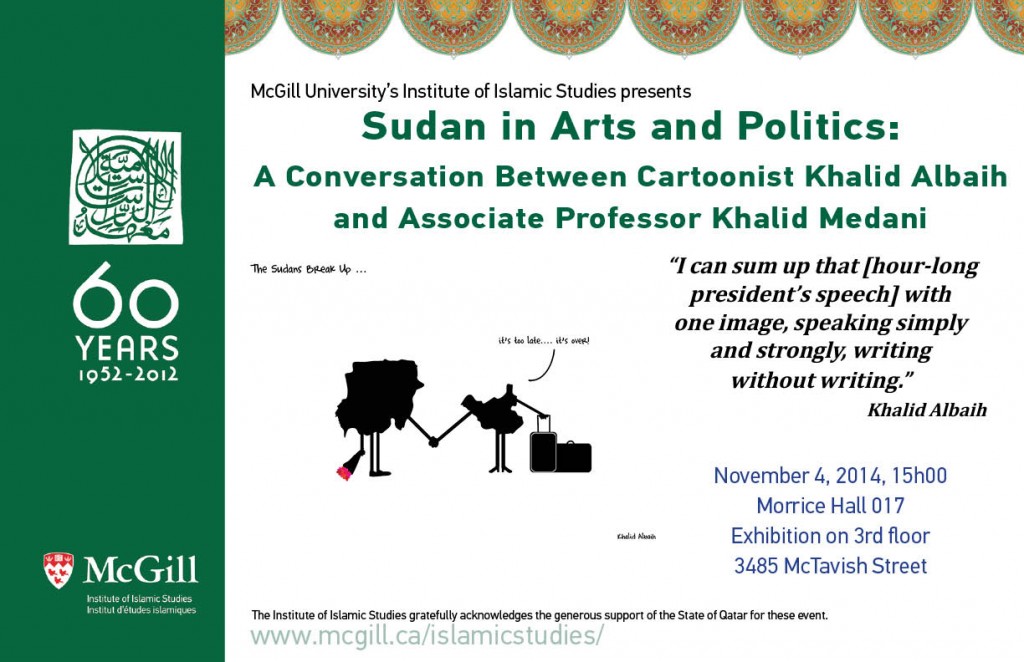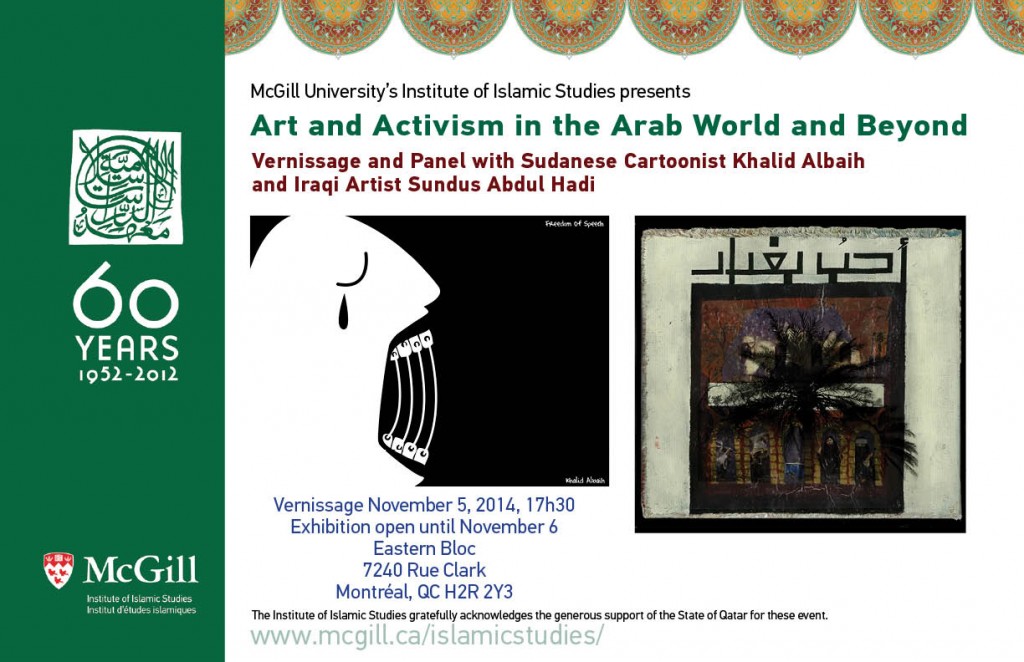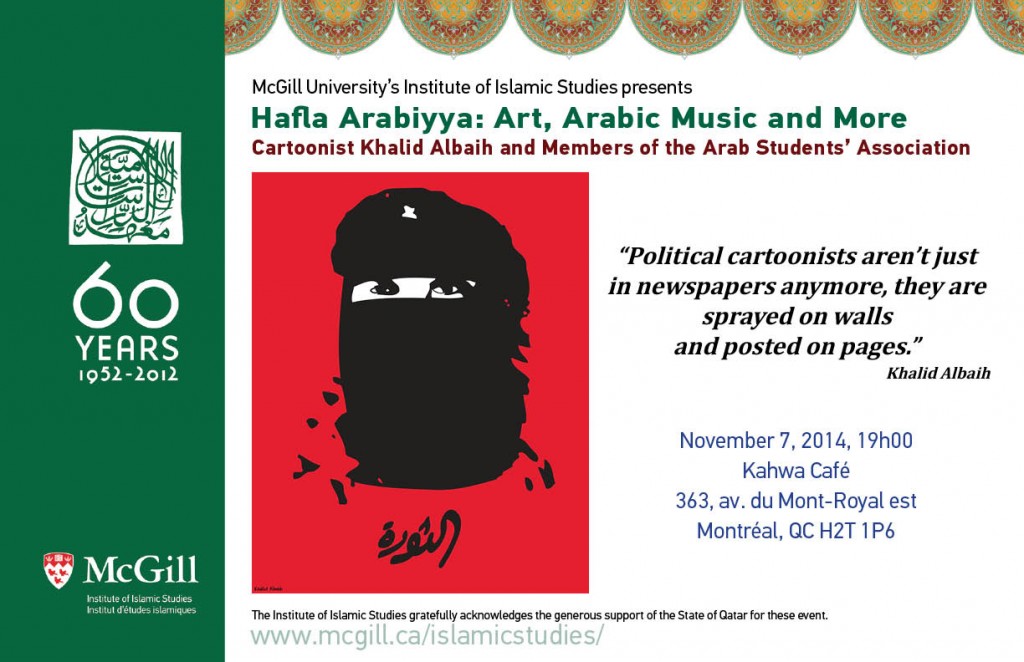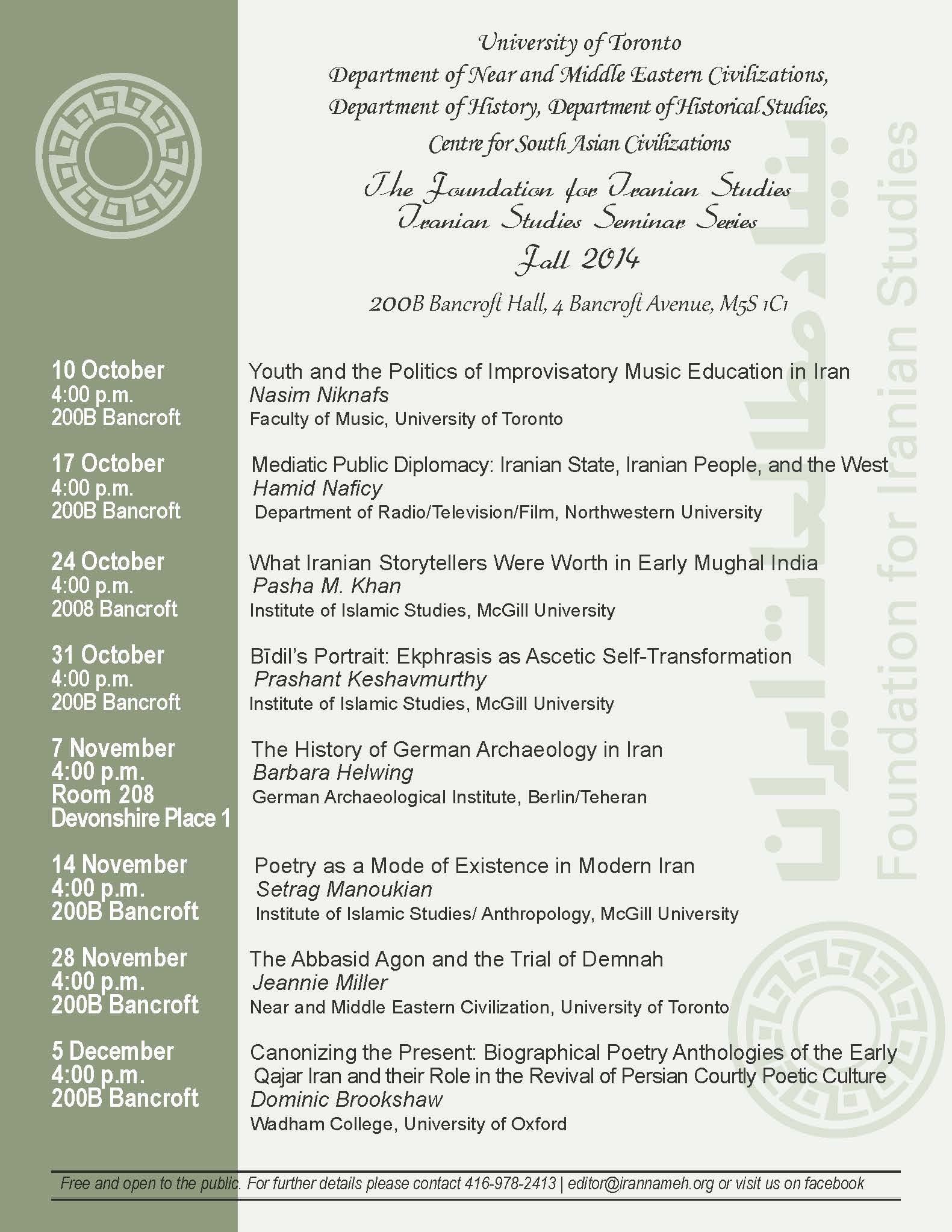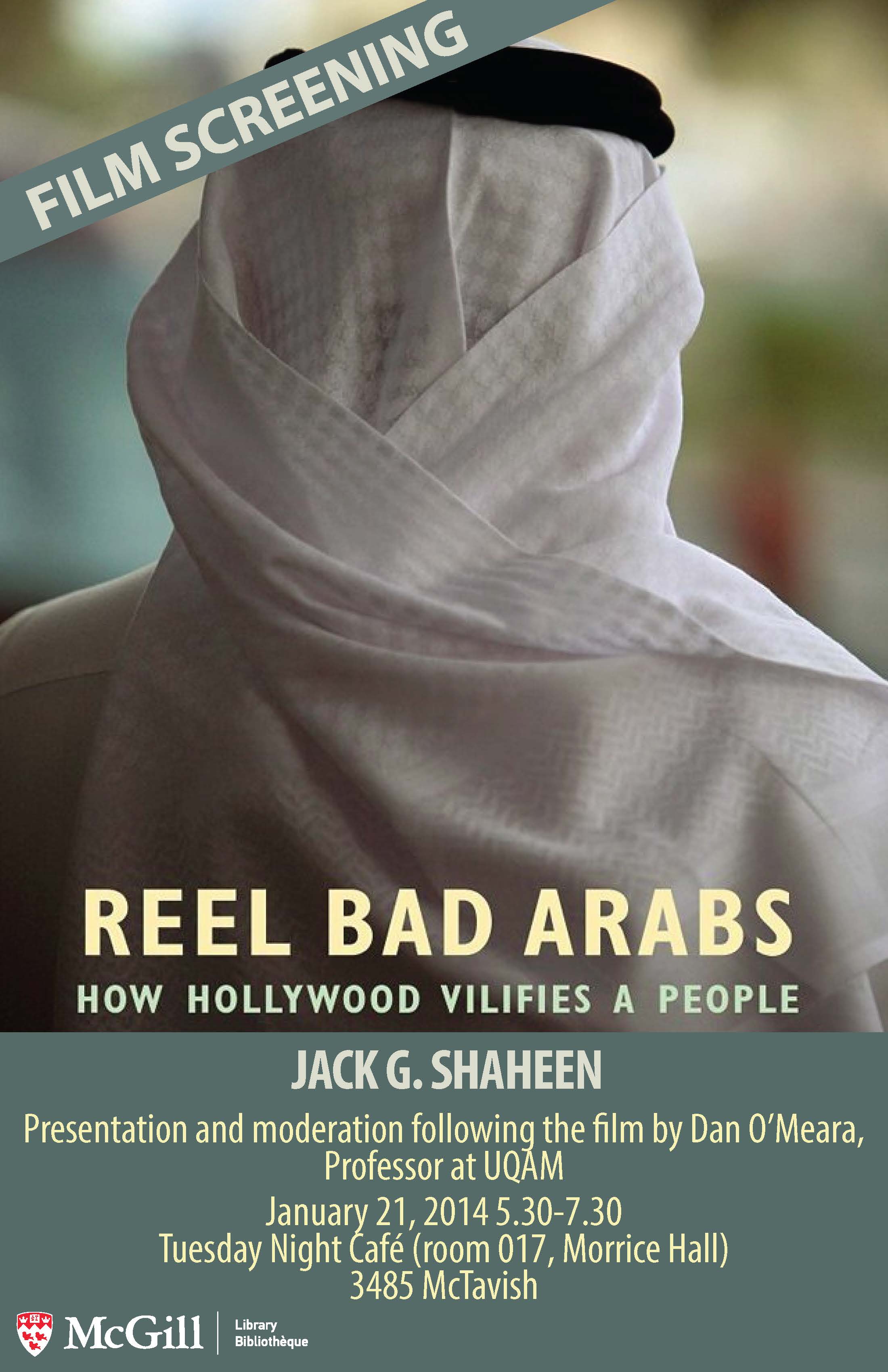In anticipation of next week’s public discussion “Issues Around Representations of the Prophet” hosted by the Institute of Islamic Studies, there are some recent writings worth your time to read in advance. Many of these are found online (I’ve included the links) while others are found in the ISL—come for a visit.
Choix discutable, choix discuté Quelques voix apportent une perspective musulmane sur la publication des unes: http://www.delitfrancais.com/2015/01/20/choix-discutable-choix-discute/. Interview with Dr. Ahmed Ibrahim of the IIS.
The History and Philosophy of Representational Art in Islam: http://harvardpress.typepad.com/hup_publicity/2012/10/the-history-and-philosophy-of-representational-art-in-islam.html
The Prophet Muhammad Was Once Glorified In Art: http://hereandnow.wbur.org/2015/01/16/quran-prophet-images
Ways of Looking at the Prophet: http://www.wsj.com/articles/book-review-the-lives-of-muhammad-by-kecia-ali-1420841587
Drawing the prophet: Islam’s hidden history of Muhammad images: http://www.theguardian.com/world/2015/jan/10/drawing-prophet-islam-muhammad-images
The Koran Does Not Forbid Images of the Prophet: http://www.newsweek.com/koran-does-not-forbid-images-prophet-298298
There are of course a number of worthwhile academic books, articles, etc. some of which include the following:
Khalidi, Tarif. 2009. Images of Muhammad: narratives of the prophet in Islam across the centuries. New York: Doubleday.: http://mcgill.worldcat.org/oclc/243960546
Hillenbrand, Robert, and B. W. Robinson. 2000. Persian painting: from the Mongols to the Qajars : studies in honour of Basil W. Robinson. London: I.B. Tauris in association with the Centre of Middle Eastern Studies, University of Cambridge.: http://mcgill.worldcat.org/oclc/46642670
Asani, Ali S., Kamal Abdel-Malek, and Annemarie Schimmel. 1995. Celebrating Muḥammad: images of the prophet in popular Muslim poetry. Columbia, S.C.: University of South Carolina Press.: http://mcgill.worldcat.org/oclc/32201887
The Story of Portraits of the Prophet Muhammad Oleg Grabar Studia Islamica No. 96, Écriture, Calligraphie et Peinture (2003), pp. 19-38+VI-IX http://www.jstor.org/stable/1596240?seq=1#page_scan_tab_contents
Gruber, Christiane. 2009. Between Logos (Kalima) and Light (Nur): Representations of the Prophet Muhammad in Islamic Painting. In Muqarnas: An Annual on the Visual Culture of the Islamic World XXVI. 229-262.: Available as Open Access via Archnet, http://archnet.org/publications/6805.
Gruber, Christiane. 2009. MEʿRĀJ ii. Illustrations. From the turn of the 14th century onward, depictions of the Prophet Moḥammad’s night journey (esrāʾ) and heavenly ascent (meʿrāj) were integrated into illustrated world histories and biographies.http://www.iranicaonline.org/articles/meraj-ii-illustrations
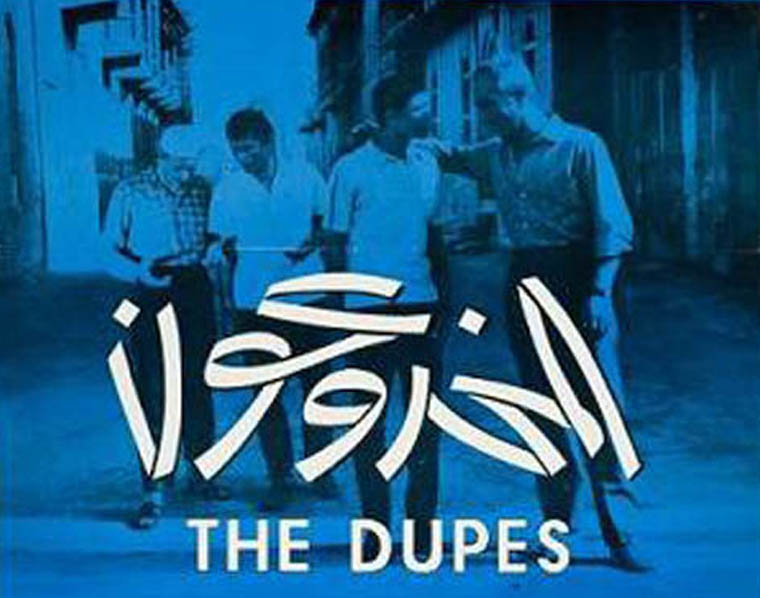 The Dupes is a stark, beautifully photographed black and white film tracing the destinies of three palestinian refugees brought together by dispossession, despair and hope for a better future.
The Dupes is a stark, beautifully photographed black and white film tracing the destinies of three palestinian refugees brought together by dispossession, despair and hope for a better future.

